Nowhere, perhaps, is this more visible than in the city of Erbil. Behind proudly erect buildings and ostentatious malls, is a little-known history of unregulated land use, corporate irresponsibility, foreign investment and export dependency, on which the KRG has consolidated power.
The city’s modern rebirth - described by some as ‘Iraq’s Dubai’ - while praised, has ushered in an age of deprivation and dejection.
Northern Iraqi territories are awash with debt, owing not only to pervasive corruption, but also KRG’s exploitation of Iraq's natural resources under the guise of ‘renovation’. The free pass given to foreign firms by KRG president, Masoud Barzani, is part and parcel of a political survival strategy, built upon economic dependency.
“Social inequality and the felt absence of the state”, one economic adviser told FRB, are two of the most felt consequences of sweeping modernisation.
“With the construction boom, came promises of reduced poverty and opportunities” he said, “but the only winners appear to be foreign investment companies with whom the KRG has struck deals”.
While foreign firms have assisted in the expansion of roads and infrastructure - bridges, trading centres, multi-storey buildings, touristic hot-spots, the day-to-day needs of Erbil’s population remain unmet.
"Few are immune to the deepening crisis", said one Erbil resident who chose to remain anonymous.
“People suffer from regular power outages and delayed salaries. Power cuts out as regularly as every two hours, and the same applies for water supplies. Households rely on diesel fuelled generators, but at 25, 000 dinars a month, it is not something we can all afford” he said.
| The dark side of Modernisation Barazani has come under fire for sidelining his people's needs in pursuit of commercial and investment interests. Securing autonomy from Baghdad, is the motive many analysts cite when explaining Barzani's open door policy that has welcomed into Iraq, giant oil companies, and new allies. These include Turkey, Iran, and Israel. As Denise Natali argues, “Turkey has become one of the KRGs most important external patrons, with large-scale investments in infrastructure, construction, and the energy sector.” |
Similarly, inhabitants of northern cities are no longer bewitched by Erbil’s urban make-over. Redevelopment schemes, have been undertaken not in service of the people, but to enable Massoud Barazani solidify his grip on power. Arms and humanitarian aid from foreign donors have poured into the country to similar effect.
The people have not stood back silently. Dissatisfaction with misrule and patrimony found expression on the streets last year across Kurdish inhabited cities and towns. Anger was voiced expressively and at times violently against politicians blamed for economic meltdown in Iraq's north.
Despite mounting anger on the Kurdish street, KRG continues to attribute economic malaise to the federal government’s decision to suspend payments to Barazani in 2014. The Kurdistan region of Iraq has always received 17 percent of Iraq’s overall budget, but in an effort to penalise KDP for striking oil sales independently, funding was slashed. This decision, Erbil-based Omer Salah explains, is not the sole explanation for economic turmoil.
“The other justification of ‘fighting Islamic State terrorism’ also simplifies the situation. While abundant funds have reached the regional government in support of its battles, the money spent is minimal, next to the profits KRG’s political players make from illicit oil sales, humanitarian aid, and trade deals”.
The plague of corruption that has crippled every federal run state institution in Baghdad, is just as felt in Kurdish governed territories. Across both entities, high level corruption perpetuates poor economic performance and social injustice, and what Erin Banco describes as “trickle down corruption”.
Though not without blemishes, the central Iraqi government has not paved the road towards economic ruin by itself. “The mismanagement of Kurdish officials is largely to blame”, said Salah.
America’s invasion almost fourteen years ago ravaged Iraq’s energy infrastructure. Without sufficient resources to rebuild these using local labourers and materials, the country’s “once heavily guarded doors” were opened up to foreign investment, as Ibrahim Warde writes. Deal making came at the expense of real reconstruction, and not in the KRG alone.
Engineer Munir Hilmi told FRB that “at every possible level imaginable" KRG is dependent upon foreign investment.
Petrol stations are no longer state-owned, electrical grids and water dams are managed by foreign firms, while everything the population consumes is imported. Allowing Turkish, Iranian and Gulf produced goods to flood the local market, has paralysed the ability of the local market to recover, let alone flourish”.
Another parliamentary advisor noted that “similar restrictions apply to Kurds who migrated from other parts of Iraq. Unless they are able to prove their Kurdish identity through language or lineage, they cannot invest".
As far as foreign investors are concerned, waste management is another goldmine for Iraq's neighbours, Hilmi said. “Turkish and Iranian companies pay the KRG to remove the waste that litters its landscape, which they recycle and resell back to Iraq as new products”.
As detrimental, is the liquidation of agricultural economies as a result of commercial land. Agricultural land has either been used to construct glitzy hotels, spas, and malls, or has been deserted, prompting higher rates of unemployment and immigration.
| Commenting on people’s desire to emigrate, one resident told FRB that ‘staying Iraq-bound requires us to accept a life of humiliation and misery. Do we not deserve better?" he lamented. The other major economic setback since 2003 - preceding the rise of IS - is the illicit trading on the black-market, as one parliamentary adviser, who cannot be named, told FRB. Oil on the black-market is sold below the international rate, and not by IS alone. |
To make matters worse, the source spoke of the impossibility of auditing these transactions.
“Attempting to do so results in the individual being killed or kidnapped" he said.
The wall of immunity built around powerful individuals and the practices that sustain them, raises urgent questions about the future fate of the ruling KRG elite. Though the crisis has reached melting point, KRG's allies remain at hand to offer crucial support. Procuring assistance offers KRG a short-term fix that may prove disastrous for Iraq's oil dependent economy.

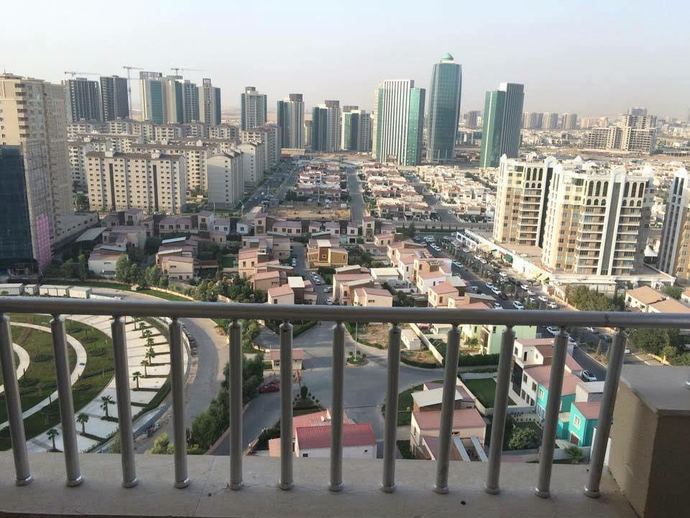
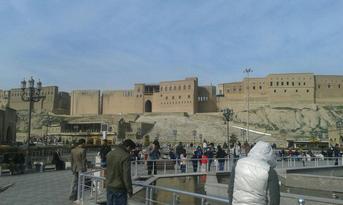
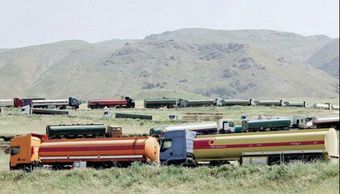
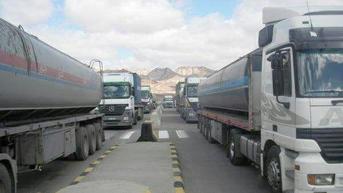
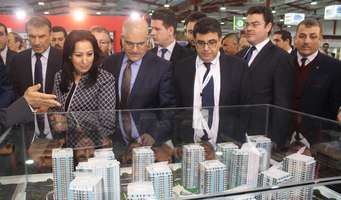
 RSS Feed
RSS Feed